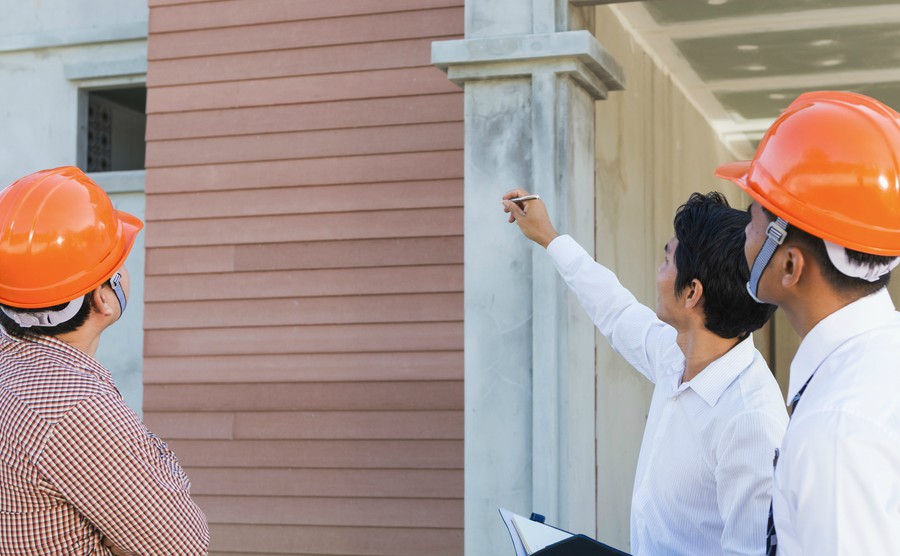Don’t let any unwanted surprises cost you when buying a property abroad. Get a building survey done, and know what you are getting into!
A building survey is a wide-ranging inspection of a property that you are planning to purchase. In the UK there was a move some time ago to put the onus on the homeowner to commission. However, the point of a survey is that it may uncover a serious defect with the property that could prevent its sale, so it has remained the responsibility (and expense) of the buyer in most countries, although not everywhere.
The survey will normally be completed by a professional surveyor and is intended to help buyers determine the condition and boundaries of a property.
It’s important to always go into a property transaction with as much information as possible.
A building survey means different things in different countries, but it typically involves an assessment of the property’s boundaries and an inspection of the home itself, to discover any major problems with the property that could affect the value or be costly down the road. Typically a full building survey costs between £300-£600 in the UK and more or less that amount abroad. It may be yet another unwelcome expense when buying, but buyers should consider what it can save in the years ahead.
Although all buyers can benefit from a building survey, those purchasing an older home, a home of an unusual construction or a renovated home should certainly consider getting a survey. If you have plans to renovate a home or build on a plot of land, you should also get the building or land surveyed before purchase. Even a brand-new home may need a survey to ensure that it was built properly in the first place.
If you are ready to buy a home in Portugal, France, Italy, Spain, Property Guides will be at Your Overseas Home. It’s a new style of overseas property show, where those serious about buying can get detailed information and introductions to trusted lawyers, agents and currency providers. Click here to apply for FREE tickets.
Knowing the exact state of the home, the boundaries of the property and any boundary encroachments is important to make an informed decision about the purchase. When shopping for a home in your new location, you can ask your estate agent to recommend a certified building surveyor, but beware them having any financial interest on your purchase of the property.

A survey could save you thousands
If your building survey covers the assessment of the condition of the home, typically it will look into the following things
:- Defects of the home and what this could mean short and long term
– Moisture present or any signs of current/past leaks
– Any risk of subsidence- Any alterations made to the structure of the building including supporting walls
– The presence of any hazardous materials contained in the building such as asbestos, and how best to remediate this problem
– The condition of the roof and likely lifespan- Any damage to the exterior building envelope
– Hazards infringing on the property such as large trees- Technical information and condition reports on systems in the home such as plumbing and electrical
Due to the difference in building codes and types of construction, building surveys have a different scope depending on where in the world you are. The Royal Institution of Chartered Surveyors (RICS) operates in several countries and is a good starting point.
A survey should provide peace of mind to buyers, but is also vital when negotiating for a property, enabling you to go into a property transaction with as much knowledge as possible. When buying abroad, speaking to your surveyor can expose aspects of the local property market and your own legal rights that might not be as clear as when buying at home.

